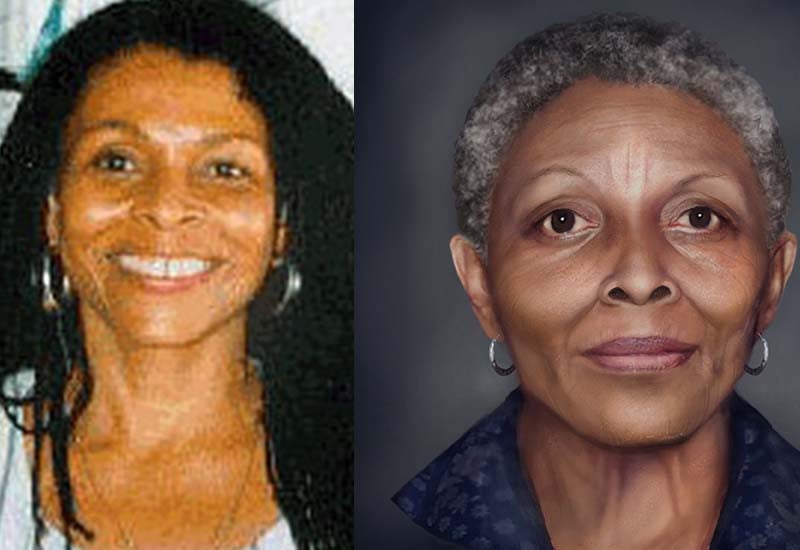TRENTON, NJ – In the annals of history, there exist certain enigmatic figures whose actions and choices continue to captivate the public’s imagination long after their time. JoAnne Chesimard, also known as Assata Shakur, is one such intriguing persona.
Her story spans a tumultuous period in American history, leaving a trail of questions about her past and the mystery of her whereabouts today. In this blog post, we will delve into the life of JoAnne Chesimard, her criminal activities, her escape, and her ongoing efforts to locate her.
Who is JoAnne Chesimard?
JoAnne Chesimard, born on July 16, 1947, in Queens, New York, was a prominent figure in the Black Liberation Army (BLA), a radical militant organization active during the 1970s. The BLA was an offshoot of the Black Panther Party, advocating for racial justice, often resorting to violence to achieve its goals. Chesimard was accused of committing several crimes, including bank robberies and the murder of New Jersey State Trooper Werner Foerster in a shootout on the New Jersey Turnpike in 1973.
The Conviction and Escape:
In 1977, JoAnne Chesimard was convicted of the murder of Trooper Foerster and sentenced to life in prison. However, her story took a dramatic turn on November 2, 1979, when armed militants, including members of the BLA, orchestrated a daring armed assault on the Clinton Correctional Facility in New Jersey. During this audacious act, Chesimard was freed by her comrades and made a dramatic escape.
Fugitive in Cuba:
Following her escape, Chesimard reportedly found her way to Cuba, where she sought political asylum and was granted it by the Cuban government. Since then, she has remained one of the FBI’s most wanted fugitives, with a reward of up to $1 million for information leading to her capture.
Where is JoAnne Chesimard Today?
As of my last update in September 2021, JoAnne Chesimard’s exact location remained a subject of speculation and intrigue. Her political asylum in Cuba has complicated efforts to apprehend her, as Cuba does not have an extradition agreement with the United States. Over the years, there have been occasional rumors and sightings, but none have led to her capture.
Controversy and Legacy:
The case of JoAnne Chesimard remains a divisive and emotive topic. To some, she is a symbol of resistance against perceived injustices and systemic racism during a tumultuous period in American history. Supporters argue that her actions were motivated by a genuine desire to challenge oppression and advocate for the rights of African Americans.
To most, however, she is seen as a cold-blooded cop killer who ran to Cuba to evade fate.
Conversely, others view Chesimard as a convicted felon responsible for the death of a law enforcement officer and see her escape to Cuba as an evasion of justice. The tragic loss of Trooper Werner Foerster’s life has left an indelible mark on his family and the law enforcement community.
JoAnne Chesimard’s story is one that continues to intrigue and polarize the public. Her actions during the 1970s and her subsequent escape have turned her into an enduring mystery.
While she remains on the FBI’s most-wanted list, her current whereabouts remain unknown, residing somewhere in Cuba under political asylum.
As the world evolves and relations between the United States and Cuba change, it is uncertain what the future holds for JoAnne Chesimard.
Whether she remains a fugitive or eventually faces justice for her alleged crimes is yet to be determined.
Until then, the saga of JoAnne Chesimard will remain a captivating and contentious piece of American history.
